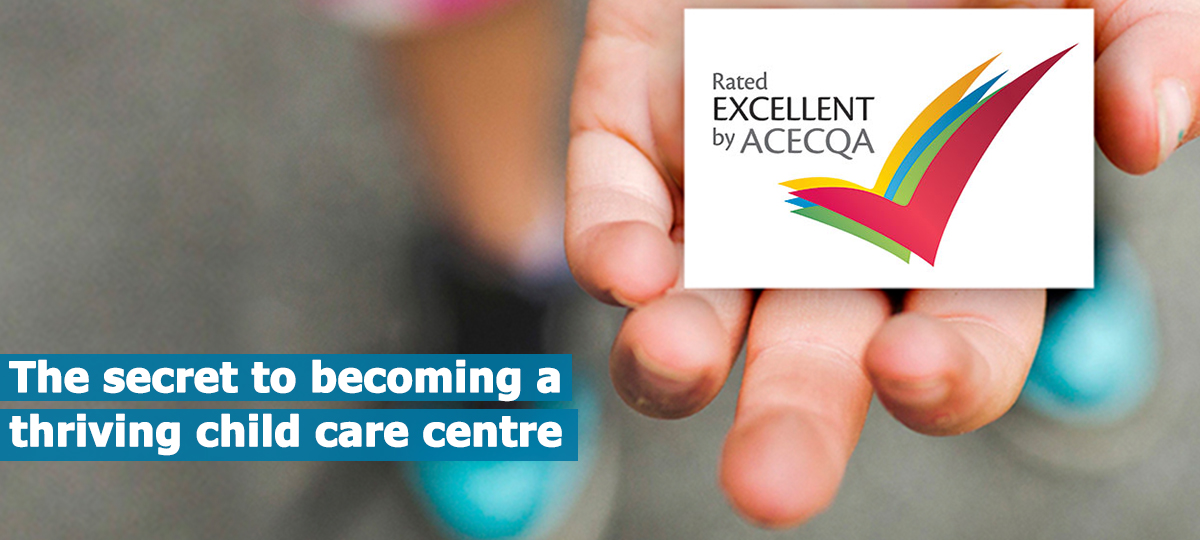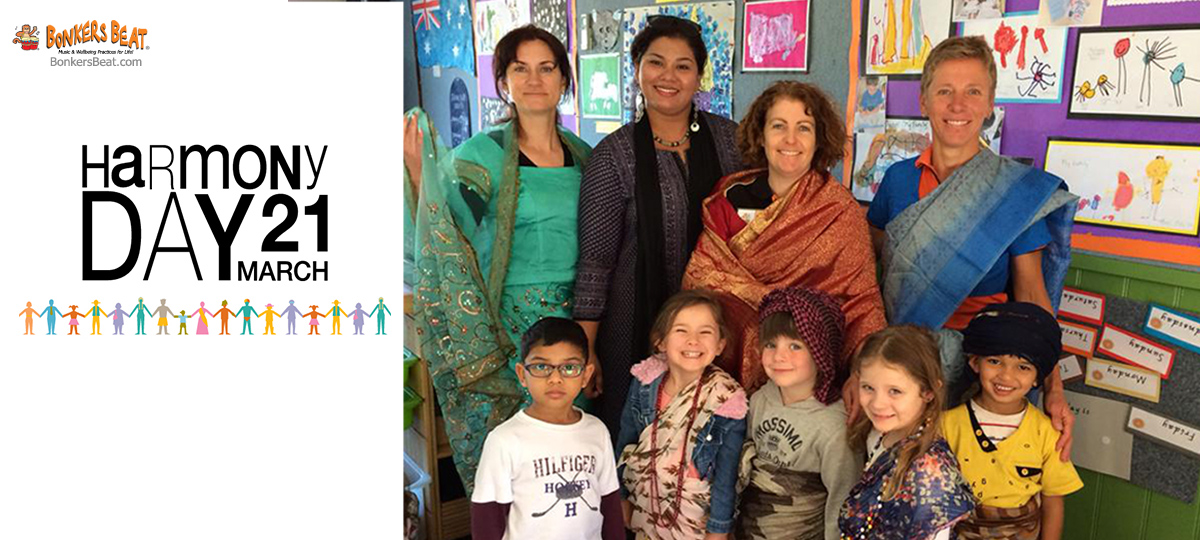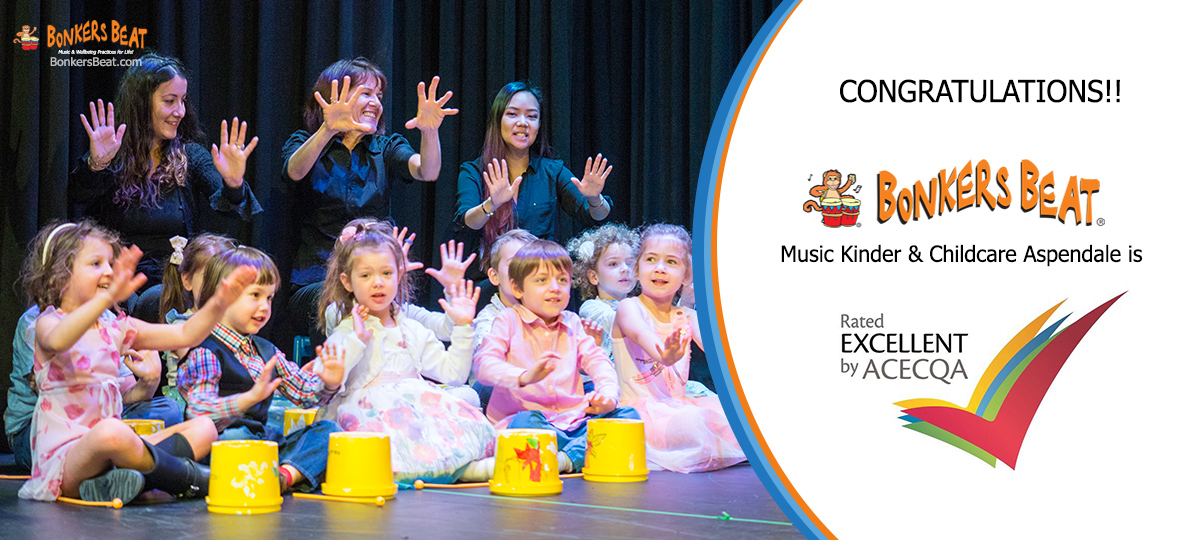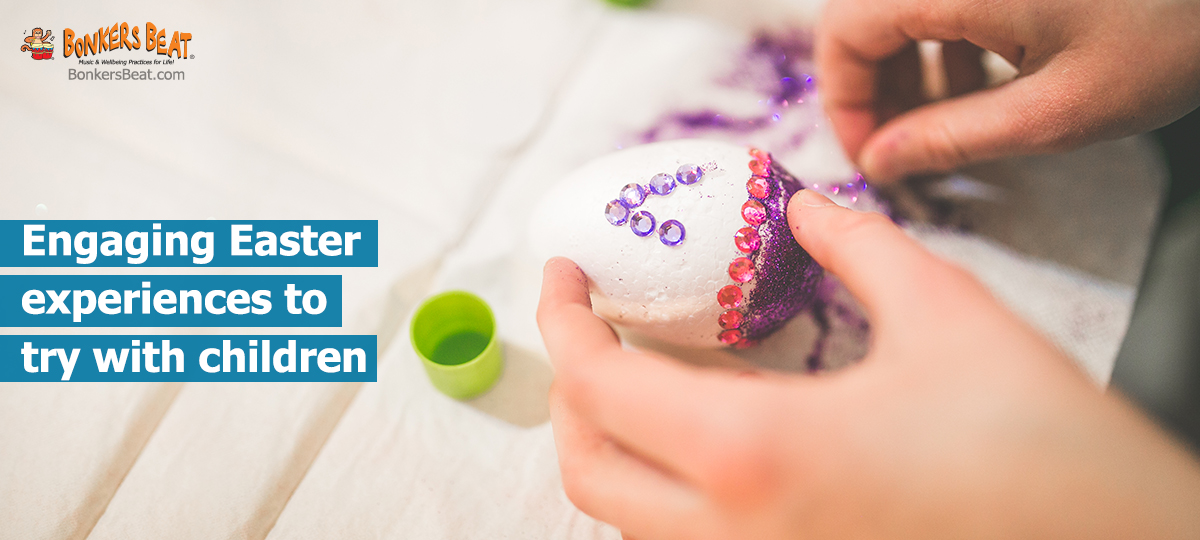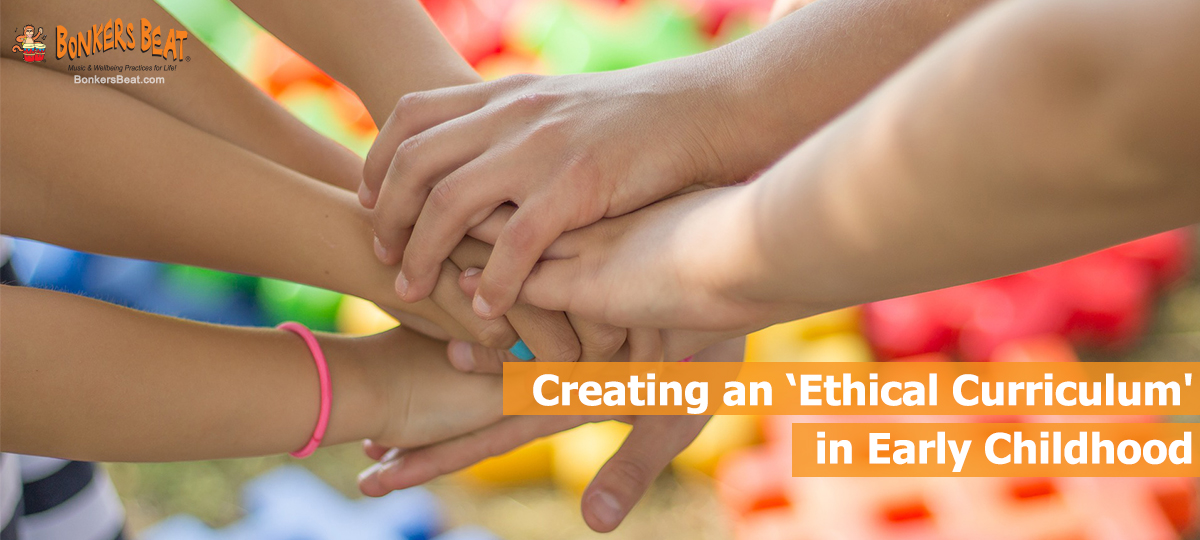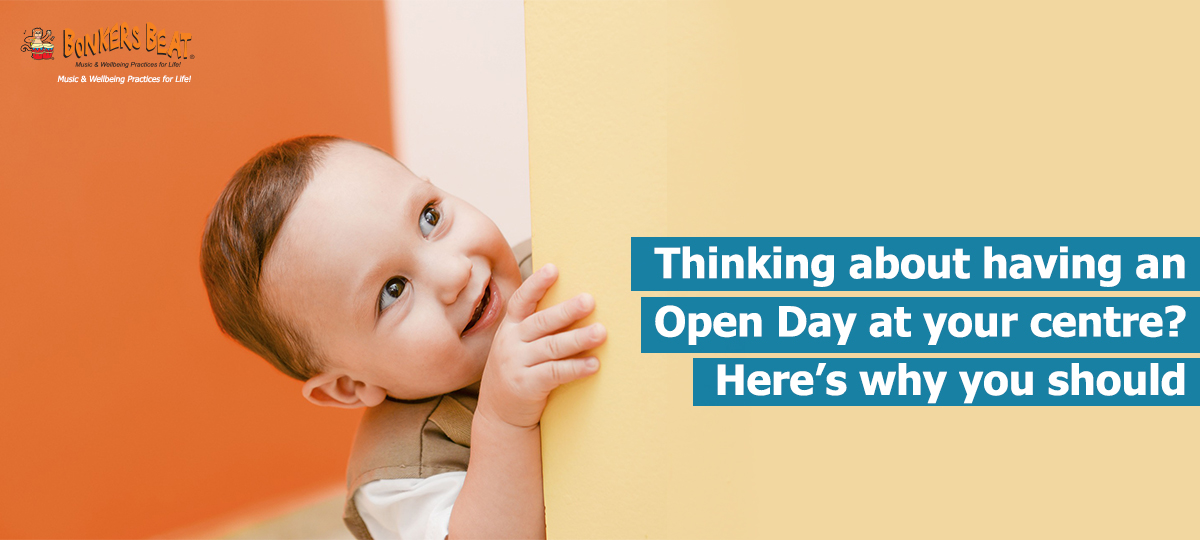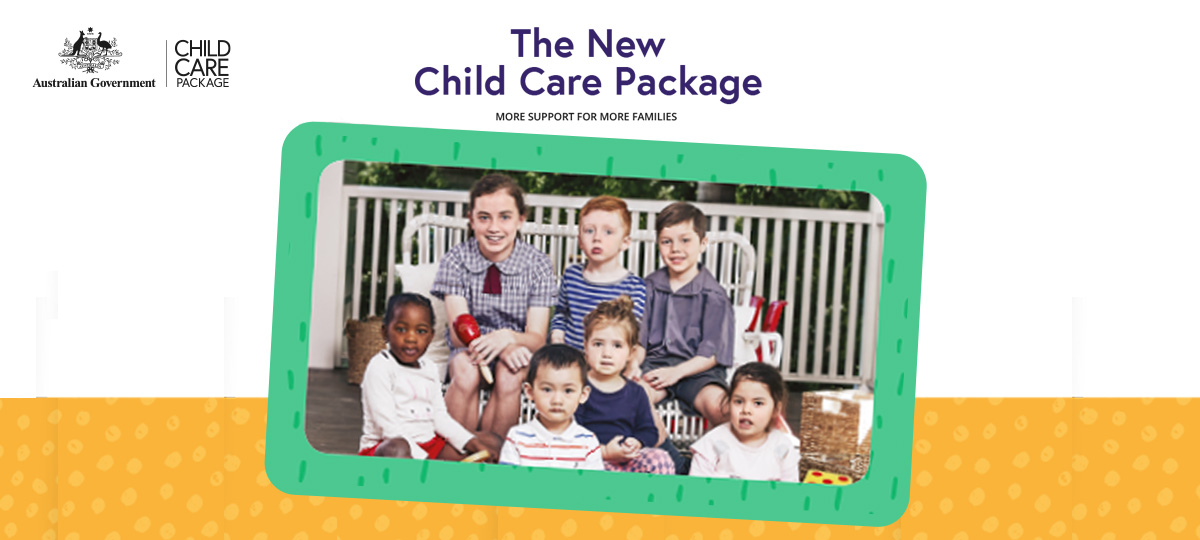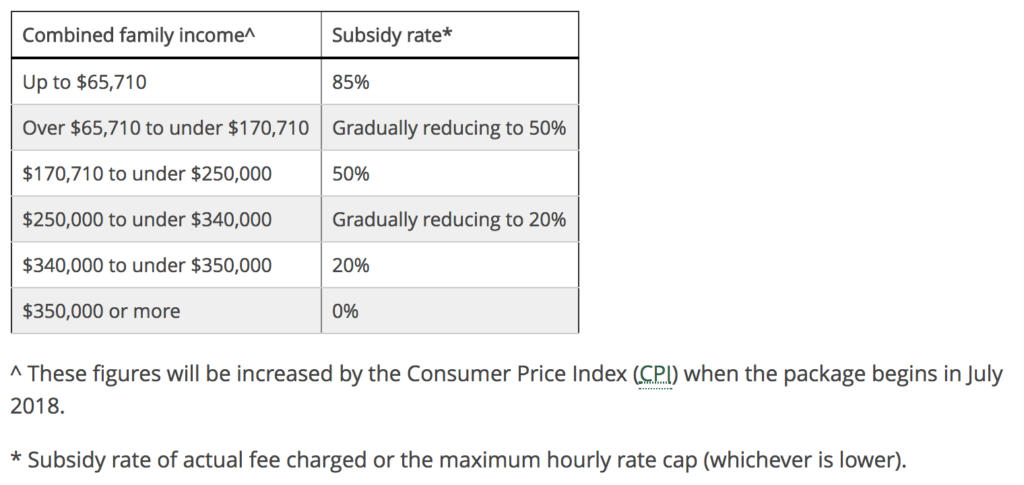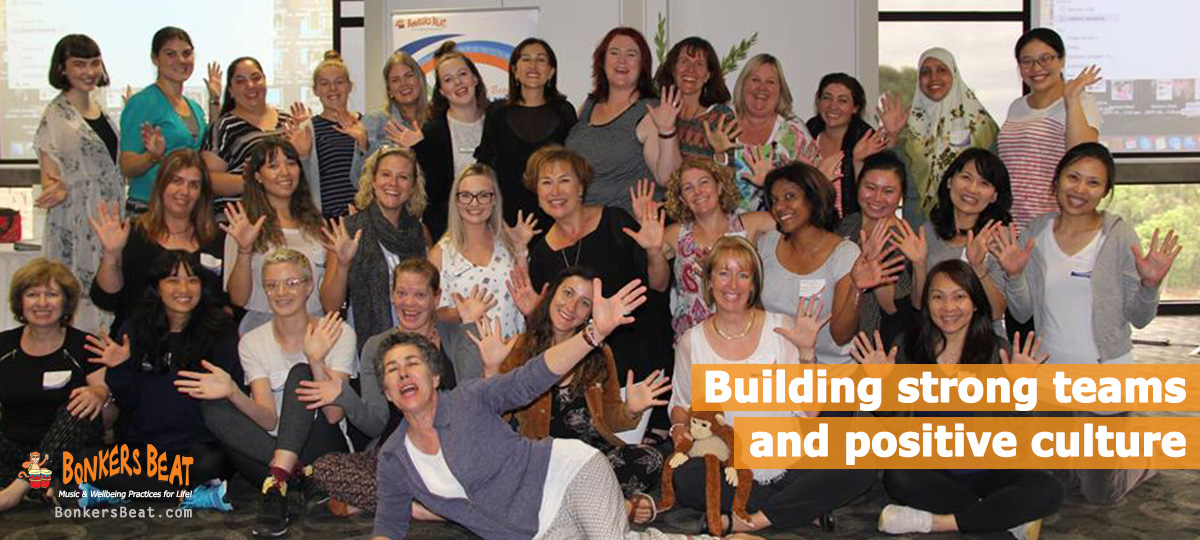As many of you know, ACECQA recently announced our ‘Excellent’ Rating under the National Quality Standard which was a proud achievement for Bonkers Beat’s flagship centre in Victoria. Now we think it’s time that you and your centre discovered how excellent you really are too!
We’ll let you in on a little secret…
The secret behind our ‘Excellent’ Rating is actually no secret at all.
The Bonkers Beat Music & Wellbeing Programs are the key to the success of Bonkers Beat Music Kinder in Victoria — and the success of many other centres across the country.
The benefits of the Bonkers Beat Programs are effective and proven.
Centres incorporating these tried and tested programs experience:
- More enrolments
- Increased engagement from children and families
- A distinct and effective point of difference in the market
- More motivated educators
- Reduced staff turnover
These are only a handful of the benefits that Bonkers Beat programs provide for centres!
The Bonkers Beat Programs directly impact how your centre addressed the NQF, giving you the tools and support to improve your NQS Rating.
This is what the centres that utilise the Bonkers Beat Programs are already enjoying:
- Daily Music Program
- Daily Wellbeing Program
- Exclusive conferences for the whole team
- Online training for all educators
- Educational resources
- Weekly support for Educational Leaders
- Management support
- Educational resources for parents
- Music & Wellbeing newsletters for parents
- Live webinars for parents
A special offer for a special centre — YOURS!
To celebrate our ‘Excellent’ Rating and encourage you to take action towards your own centre’s success, we are offering you a special limited time offer!
You won’t believe what we are giving you FOR FREE!
Click here to take a look at this incredible offer and for the opportunity to grab it for yourself.
If becoming a sought-after, in-demand child care centre is on your to-do list, then securing this limited time special offer for yourself should be too.
Of course, if you do have any questions, simply give us a call on 1300 022 328 or email info@bonkersbeat.com.

